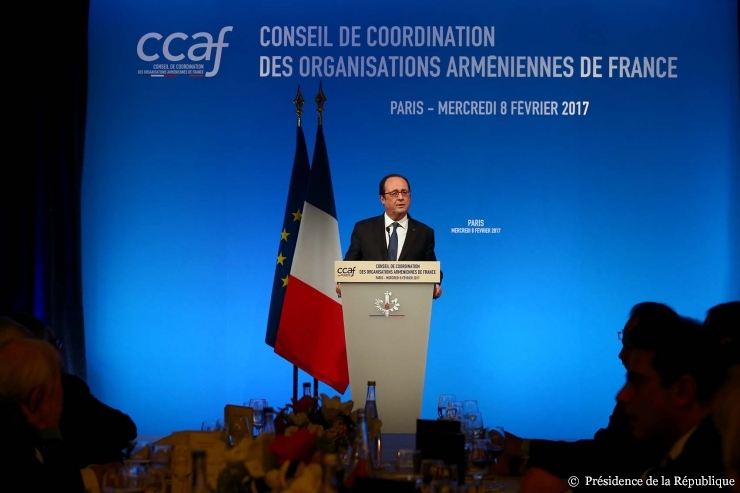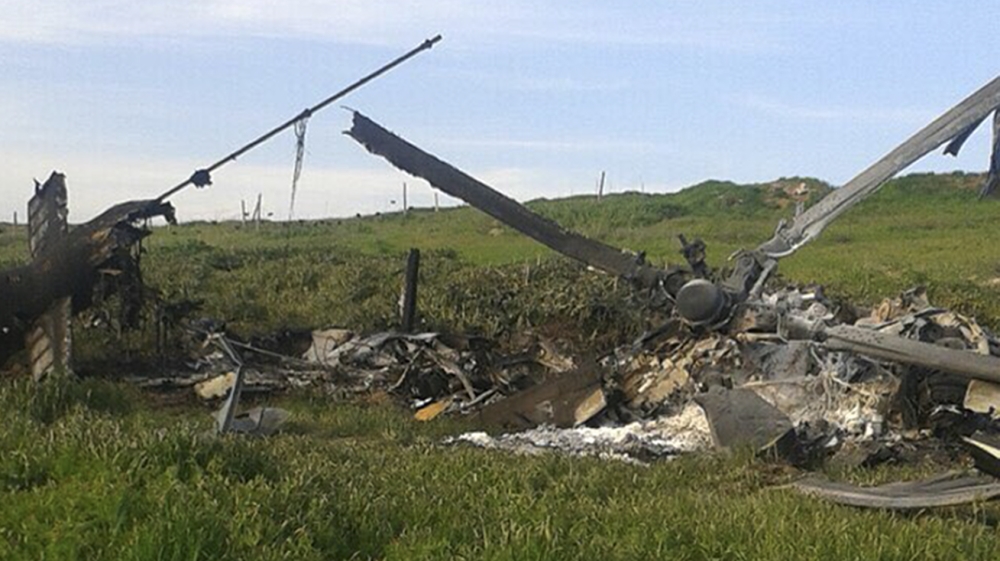We had indicated in our previous article that the decision of the Armenian Constitutional Court of January 12 had prevented the protocols from being considered as an important instrument for the normalization of relations of Turkey and Armenia. Why has such an approach been taken? To answer this question, it is important to look at the internal developments of Armenia. In order to end the policy of his predecessor which had caused Armenia to be isolated in the Caucasus, President Sarkisian aimed at opening the Turkish border by cooperating with Turkey and after a long and difficult period of negotiations, two protocols were signed on October 10, 2009 relating to the main problems between the two countries. However, even before the signing of the protocols, an opposition developed in Armenia and within the Diaspora which rapidly kept growing. First, Dashnaks withdrew from the Government coalition in which they had participated in for ten years. Diaspora opposition towards the protocols became evident during President Sarkisian’s visits to some countries in the beginning of October. The opposition parties in Armenia are also against the protocols. Some public opinion polls show the same tendency. Turkey linking the ratification of the protocols to positive developments in the Karabakh issue also increased the opposition towards the protocols. It can be seen that the Republican Party which is a great partner of the government coalition is also affected by this opposition. However, due to the negative reactions that could be received from some countries, firstly from Russia and the U.S., instead of completely abandoning the protocols, the Armenian Government attempted to indirectly annul some of its provisions. The instrument used for this purpose is the Armenian Constitutional Court. In the decision taken by the Court on January 12, after expressing some views and comments regarding some of the provisions of the protocols, it is stated that the protocols are in conformity to the Armenian Constitution under the condition that the views and comments of the Court be taken into consideration. The Court’s views can be summarized as: the protocols are not foreseeing the genocide issue to be discussed and Turkey’s border with Armenia to be officially recognized. On the other hand, the Court insisted that the protocols are not linked at all to the Karabakh conflict. These matters eliminate in principle the main criticisms in Armenia and in the Diaspora towards the protocols. Therefore, it is expected that Armenia-Diaspora relations, damaged because of the protocols, will improve shortly and the Diaspora will carry out its genocide allegations and recognition activities in an increasing manner. Concerning Turkey, after the decision of the Court, the most importance stipulation of the protocols became almost void. Due to this, the decision has been heavily criticized in Turkey, especially by the Prime Minister and Foreign Minister, and has been found as being totally unacceptable. Therefore, it can be seen that the efforts to normalize Turkey-Armenia relations has not been achieved for the time being. If the objections of Turkey are not taken into consideration, it can be understood that the Turkish Parliament will not ratify the protocols. On the other hand, the Armenian Parliament can now easily ratify the protocols. In this situation, it could be expected from the U.S., EU and even Russia which strongly supported the normalization of Turkey-Armenia relations, to put pressure on Turkey for the protocols to be ratified as soon as possible.
© 2009-2025 Center for Eurasian Studies (AVİM) All Rights Reserved
THE FAIRYTALES OF THE DASHNAK PARTY
JOACHIM GAUCK AND TURKEY
SARDARAPAT: THE VICTORY THAT NEVER HAPPENED
 FRENCH PRESIDENT HOLLANDE “GAUCHE” IN THE LITERAL SENSE
FRENCH PRESIDENT HOLLANDE “GAUCHE” IN THE LITERAL SENSE
 A FLAGRANT VIOLATION OF INTERNATIONAL LAW: THE CASE OF NAGORNO-KARABAKH
A FLAGRANT VIOLATION OF INTERNATIONAL LAW: THE CASE OF NAGORNO-KARABAKH
 ONGOING TENSIONS IN THE SOUTH CAUCASUS
ONGOING TENSIONS IN THE SOUTH CAUCASUS
 EXAMPLES OF WIKIPEDIA'S FREQUENT DOUBLE STANDARDS: “WESTERN AZERBAIJAN” AND “WESTERN ARMENIA”
EXAMPLES OF WIKIPEDIA'S FREQUENT DOUBLE STANDARDS: “WESTERN AZERBAIJAN” AND “WESTERN ARMENIA”
 AVİM CONDEMNS THE BIASED AND DISTORTED APPROACH TO A WARTIME TRAGEDY
AVİM CONDEMNS THE BIASED AND DISTORTED APPROACH TO A WARTIME TRAGEDY




























